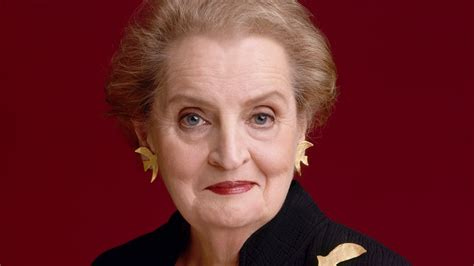When Colin Powell died, prominent persons and intellectuals in today’s establishment, press and government heaped praise upon him. Because I think it’s important to report facts, use logic and tell the truth, I wrote an obituary which I’m confident focused on the facts of General Powell’s life and career not the color of his skin (read the obituary for Colin Powell and judge for yourself whether I succeed).
Consider the late Madeleine Albright as you would examine Powell or any secretary of state. Can you think of a single accomplishment? Madeleine Albright’s only potential achievement—as America’s United Nations ambassador, she once recommended that the U.N. withdraw “peacekeepers” from the African nation Rwanda—is a policy position Albright regarded as her “greatest regret.”
Writing in Time last month, Katie Rielly praised the 84-year-old Prague native, who died on March 23, for being a “trailblazing public servant.”
Did Albright break a new path? Is one’s sex—a fact of reality beyond…
Keep reading with a 7-day free trial
Subscribe to Autonomia to keep reading this post and get 7 days of free access to the full post archives.



